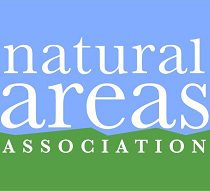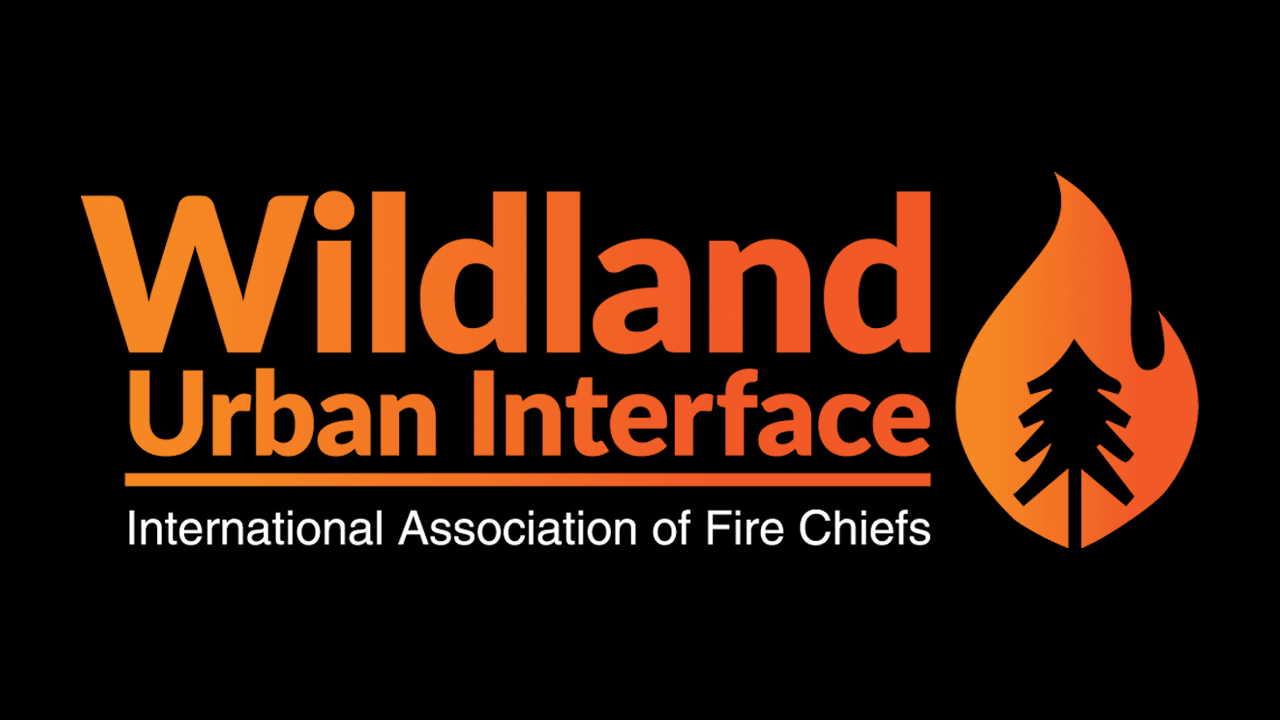Events

Seed Innovations for Great Basin Landscapes – Webinar Recordings
3/2 – Seed Zones and Adaptive Traits (11 PST/12 MST) - Recording Setting the landscape for native seed technologies: Balancing the need for wild, adapted native seeds with modifications needed…

Modeling risks and tradeoffs
Webinar recording. The fourth webinar of the Forest Service's Research and Development SCIENCEx FIRE week. Modeling Risks and Tradeoffs Wildland Fire Behavior and Ignition | Greg Dillon Juggling Risks and…

Looking toward the future
Webinar recording. The fifth webinar of the Forest Service's Research and Development SCIENCEx FIRE week. Looking Towards the Future Historical and Future Fire in Temperate Rainforest of the Pacific Northwest…

Community-focused programs, datasets, and planning resources for wildfire risk mitigation
Webinar recording. Much of the current dialogue around mitigating wildfire risk to people and property in the United States focuses on vegetation treatments to reduce fuel loads on public lands.…

How an evidence-based approach to community-focused wildfire education programs can put people at the center of wildfire solutions
Webinar recording. This seminar builds of the March 9, 2023 “Community-focused programs, datasets, and planning resources for wildfire risk mitigation” seminar (presenters: Greg Dillon, Eva Karau, Kelly Pohl) by focusing…

Configuring ArcGIS field maps for invasive species management
Webinar registration.

Assessing wildfire risk and mitigation opportunities in the sagebrush biome
Webinar recording.

Native Seed Conference 2023
Access some of the recorded presentations. The National Native Seed Conference connects Research, Industry, Land Management, and Restoration professionals, providing the premier opportunity to develop relationships and share information about…

2023 Wildland Urban Interface Conference
Conference website.

Fire in the western US: Big fires. Big challenges. The call for regional learning and action.
Webinar recording. Learn about the diverse inputs and outcomes from six large fires spanning five JFSP Regional Fire Science Exchanges. This webinar walks you through the jointly produced story map:…

